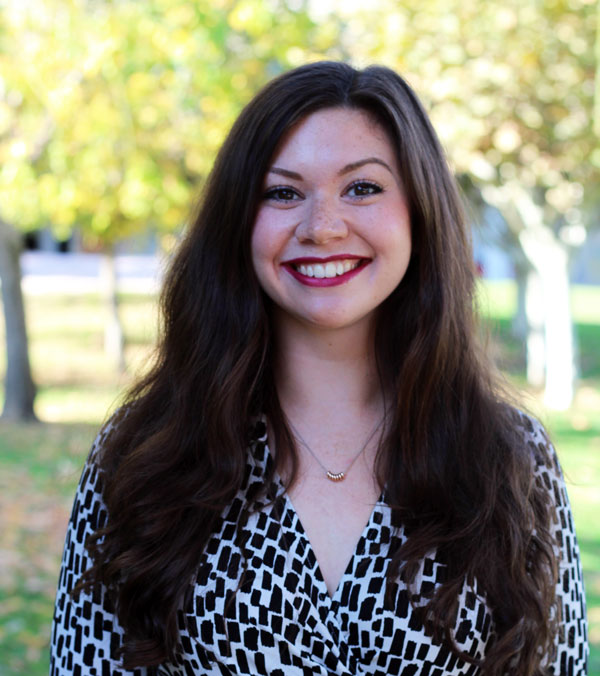Meet the researcher: Elizabeth Ascroft – Creating safe spaces to discuss sex and sexuality

Portrait of Elizabeth Ascroft
Elizabeth Ascroft previously worked on programme design and research in the sexual and reproductive health and rights space in international development settings before starting her PhD at The Open University. Sexuality can often be seen as a taboo topic and Elizabeth’s work looks at creating safe spaces for people to discuss sensitive and taboo subjects such as sex, gender, and pleasure.
What is your doctoral research about?
My research is about exploring co-creation as a methodology and looking at how it shows up in different spaces. A lot of people feel co-creation is the perfect participatory and non-hierarchical approach and see it as a way to do ‘good’ research. Although it certainly has value, there hasn't been much critical engagement of how the methodology shows up in practice - that’s why I’m trying to dig a little deeper and explore how it interacts within global development spaces. I’m looking at the methodology’s influence on power dynamics and reflecting on what arises during creative collaboration.
And what better area to explore this approach than tackling the taboo and often heavily regulated subject (sexuality education) within a highly contested relationship of power (global development and co-creating with both adults and young people)?
As for location, my research is a case study of co-creating sexuality education with young people in the Caribbean Island of Aruba. Why Aruba? Firstly, the Caribbean islands are significantly understudied. Second, as small islands, they often have unique community structures which can negatively impact adolescents’ freedom to enjoy their sexual health and rights. In spaces where ‘everyone knows everyone’ there is a reduced ability to remain anonymous when accessing sexual health services, which means safe spaces for learning about sexuality are increasingly limited. Having researched this in the Caribbean before, I am keen to develop our understanding of island spaces and consider how they shape the design of sexuality education.
I’ve partnered with the Family Planning Association of Aruba to undergo this research and I hope to co-create sexuality education resources with them for future work.
Why do you feel this topic is relevant?
There is a lack of critical inquiry about what co-creation is. I've seen this first hand and how it can be used to cover up what is effectively tokenism, and this is a big issue in global development settings, especially when working with young people. The more critical we are of co-creative methodologies, the more we can think through how we can make sure we're getting to a more participatory research approach.
A lot of people are jumping on the co-creation bandwagon but what does it really mean in practice? I'm hoping that my research contributes to this space and opens new lines of inquiry into why and how we go about ‘doing’ research.
Why did you decide to join the Centre for the Study of Global Development?
I really like the approach and the values behind CSGD. The Centre looks at how can we make sure we're contributing to something meaningful and genuinely collaborating which matters to me in my approach to my research. I also like the focus the CSGD has on involving more early-career and postgraduate researchers. For people like me who are just starting out in their research careers, I feel like I can make a valuable contribution to the Centre and be valued.
Find out more about Elizabeth Ascroft and her research.
This interview was conducted by Motunrayo Oladeji.
Connect with us
Whatever your reasons for wanting to connect with us, you can contact us via email or social media on the addresses below
CSGD email
CSGD on Bluesky
CSGD on LinkedIn
Sign up to our mailing list to receive the latest news on our research, events and publications.
.jpg)